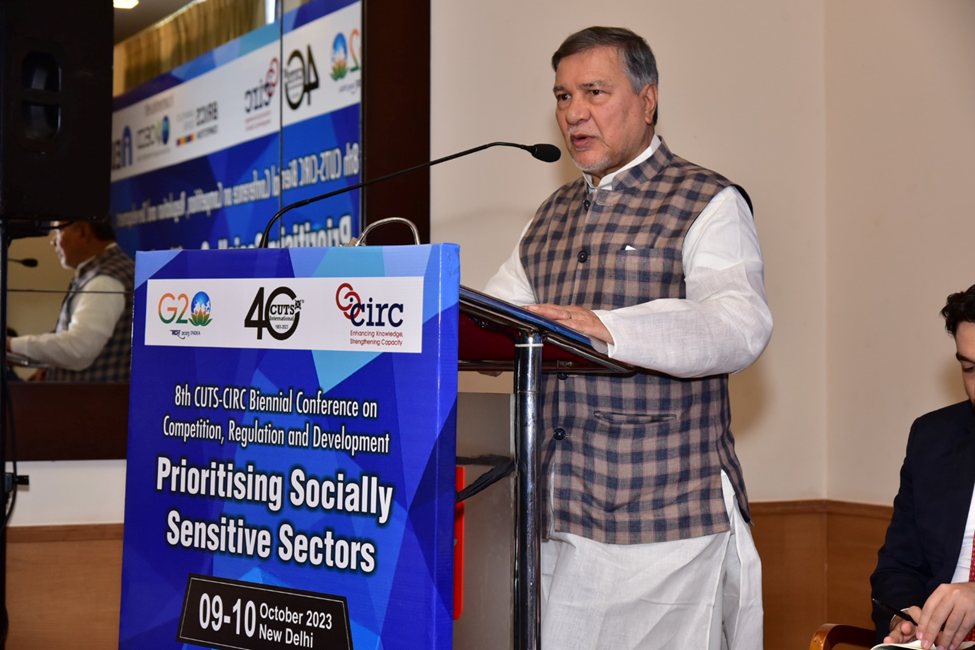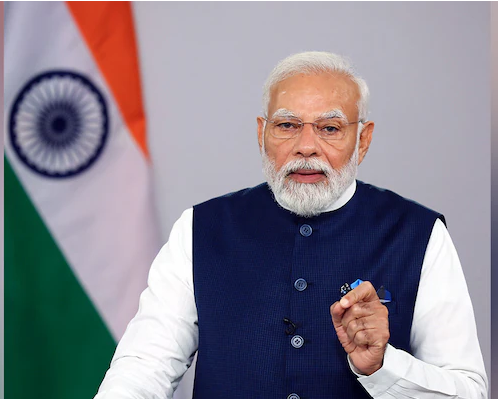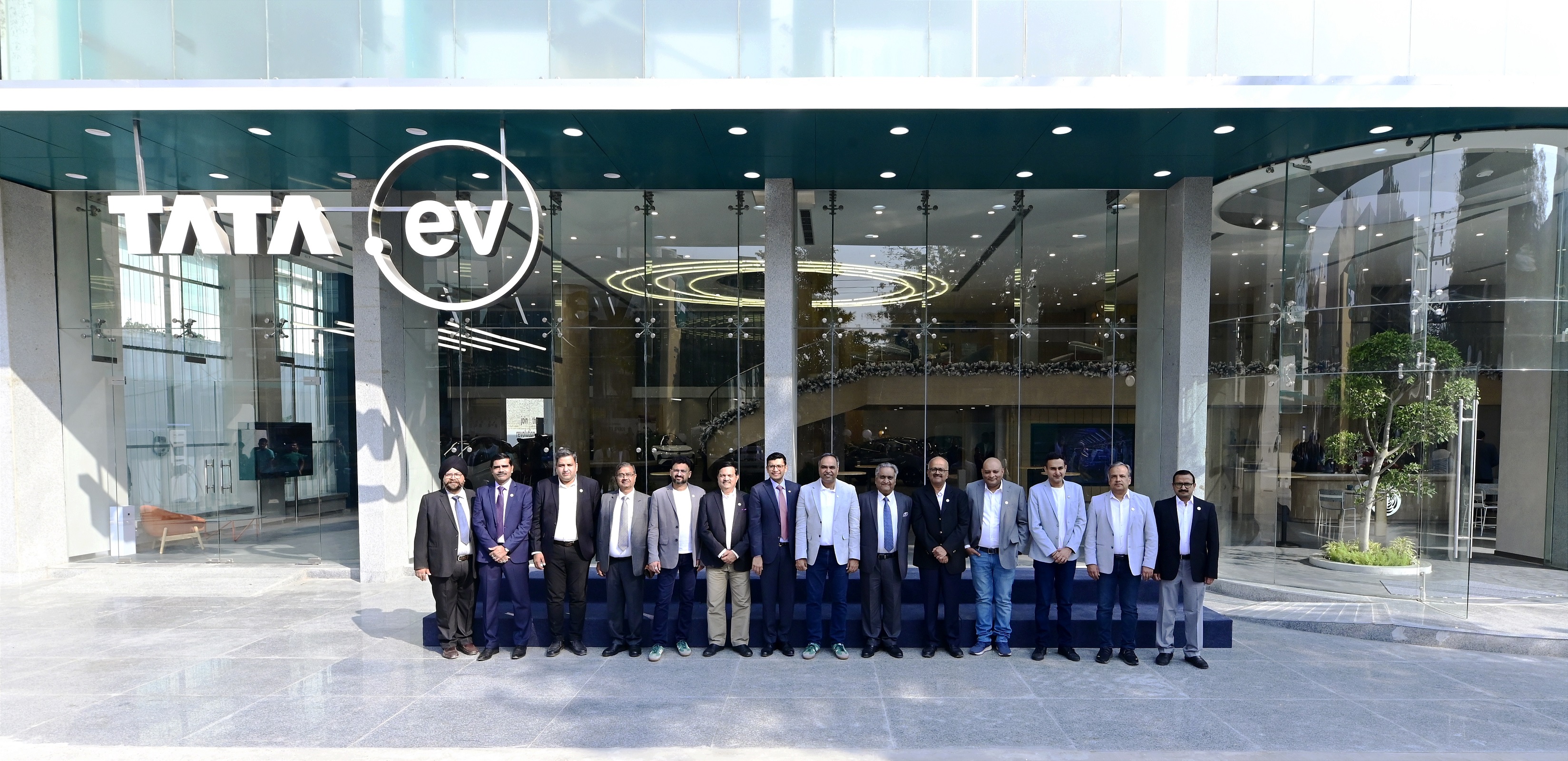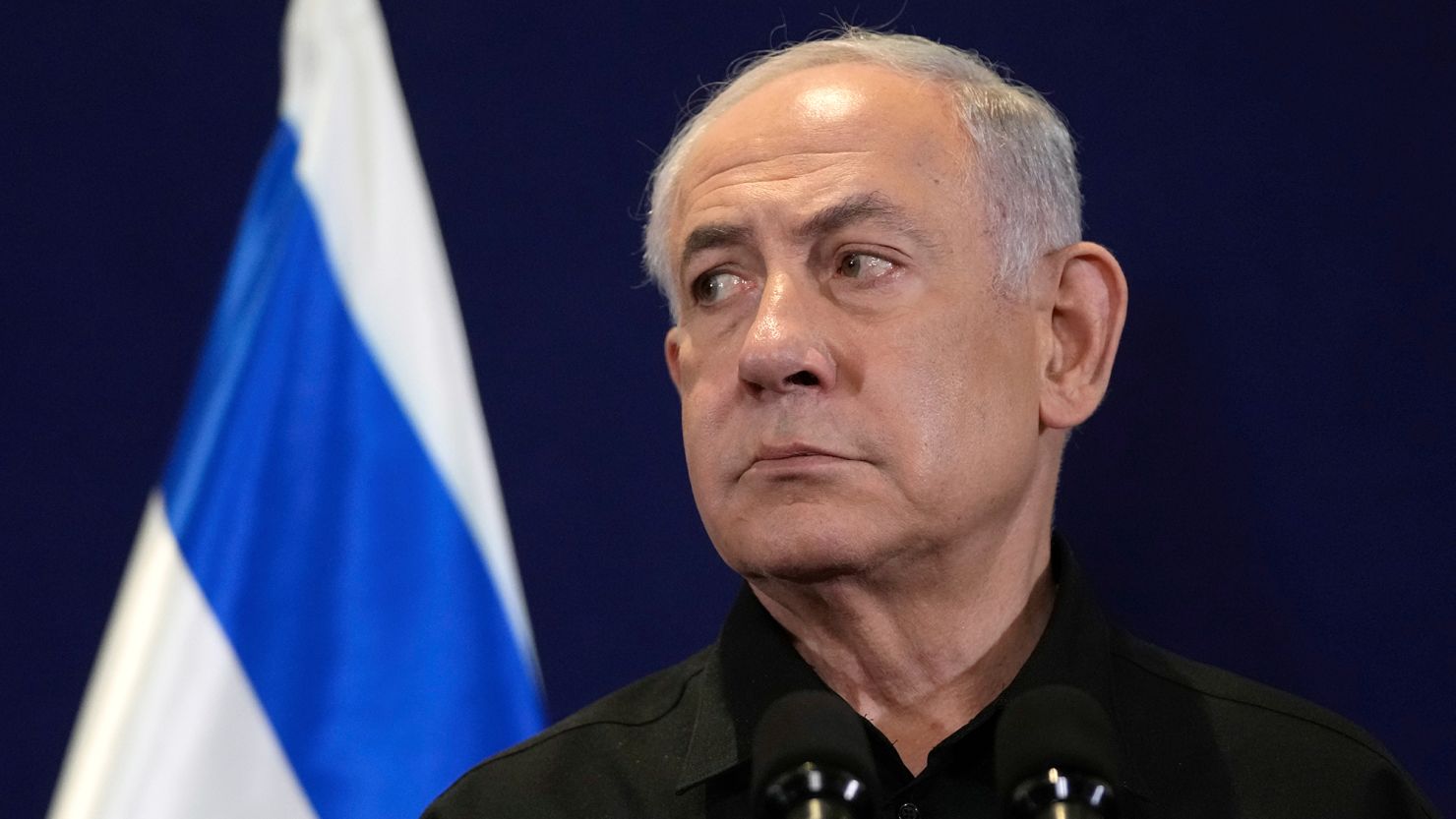Rely on competition over price control to achieve health policy goals: MP Rajya Sabha

NEW DELHI: Dwelling upon how relevant ‘Polycrisis’ is as a theme, the Chairman of the Parliamentary Committee on Health and Family Welfare, Mr. Bhubaneswar Kalita delved with the policy instruments available to achieve the health policy goals and said that price control cannot be a long-term solution. He further added that market development and promotion of rule-based competition should be our preferred policy instruments. He was speaking at the 8th CUTS – CIRC Biennial which, in the current edition, seeks to prioritise social sectors amidst the poly-crisis the world is currently witnessing.
Moderating the Inaugural Session on “Polycrisis and Social Welfare” Pradeep S Mehta, Secretary General, CUTS International, pointed out that “Climate-related disasters have profound implications for the global value chain, leading to broken supply chains, rising inflation, and widening socio-economic inequality within and across countries.” This two-day Biennial event, held from 9th- 20th October, is the eighth in the series, and the theme this time is Polycrisis and Social Welfare.
The conference is witnessing the participation of eminent experts from the United Nations, International Labour Organization (ILO), OECD, competition authorities from Egypt, South Africa, and other African regions such as COMESA, ECOWAS, Fiji, Russia, Brazil and Uzbekistan. The conference is also being attended by academics, policy researchers, lawyers, and economists from across the world.
Teresa Moreira, Head, Competition and Consumer Policy Branch, Division on International Trade and Commodities, UNCTAD, pointed out how trade has been an engine for development and economic growth, but it has also been fraught with challenges. The global community has to play an important role in addressing these challenges.
Willard Mwemba, Director and Chief Executive Officer, COMESA Competition Commission, was concerned about the rising food price, disruptions in the supply chain, market-distorting import-export policies and climate crisis adding to the food insecurity.“COMESA Competition Authority is reviewing policies to ensure that climate change and environmental implications are considered in the public interest,” He added.
“External shocks, domestic policies including global crises, political conflicts, and climate risks that are slowing down economic growth” Simeon Konan Koffi made both the internal and external factors responsible. In addition, he pointed to the growing terror activities in Africa and the persistent political instability impeding the socio-economic progress as a whole.
Countries over the world are facing the same challenges and many catastrophes, the point made by Hardin Ratishisusu, Deputy Commissioner, Competition Commission of South Africa conveyed that there is a strong case for deepening cooperation such as in BRICS, to ensure the attainment of the SDGs.
One of our panelists, Mr. Mahmoud Momtaz, the Chairman of Egyptian Competition Authority showed his interest in promoting a strategy that is founded on enforcement, cooperation and collaboration. “To uphold a level playing field, Egypt has set up a Committee on Competition Neutrality, headed by the Prime Minister and it has relevant ministers as members. The Committee has taken effective steps to address issues in the food and petroleum sectors” he informed.
The current concerns such as polycrisis, climate change, hunger, food prices, digital divide, etc., are at the top of discussions of the international competition community. However, coming from CUTS, these terms have special significance since it means representation of the Global South, added Andrey Tsyganov Deputy Head, Federal Antimonopoly Service (FAS) Russia. The conference has provided a platform for the voice of a million consumers.
The poly-crisis is making us rethink our competition law rules to make it more inclusive. Víctor Oliveira Fernandes, Commissioner, CADE, Brazil raised questions about three major issues in Brazil, (i) how to incorporate social dimensions into competition assessment; (ii) how to scrutinize sustainability agreements in the new economy, and (iii) the future of digital markets.
Hardin Ratshisusu, Deputy Commissioner Competition Commission of South Africa, in favor of cooperation added to the discussion that “Countries the world over are facing the same challenges and many catastrophes, hence there is a strong case for deepening cooperation such as in BRICS, to ensure the attainment of the SDGs”
“It’s time for antitrust. It has to be used to attain social and environmental goals, not just economic efficiency. The Biennial is an excellent opportunity to do it.” Alexy Ivonov, Director, the BRICS Competition Law and Policy Centre concluded, implying the value that the conference has added to the discussion on the burning issues.











